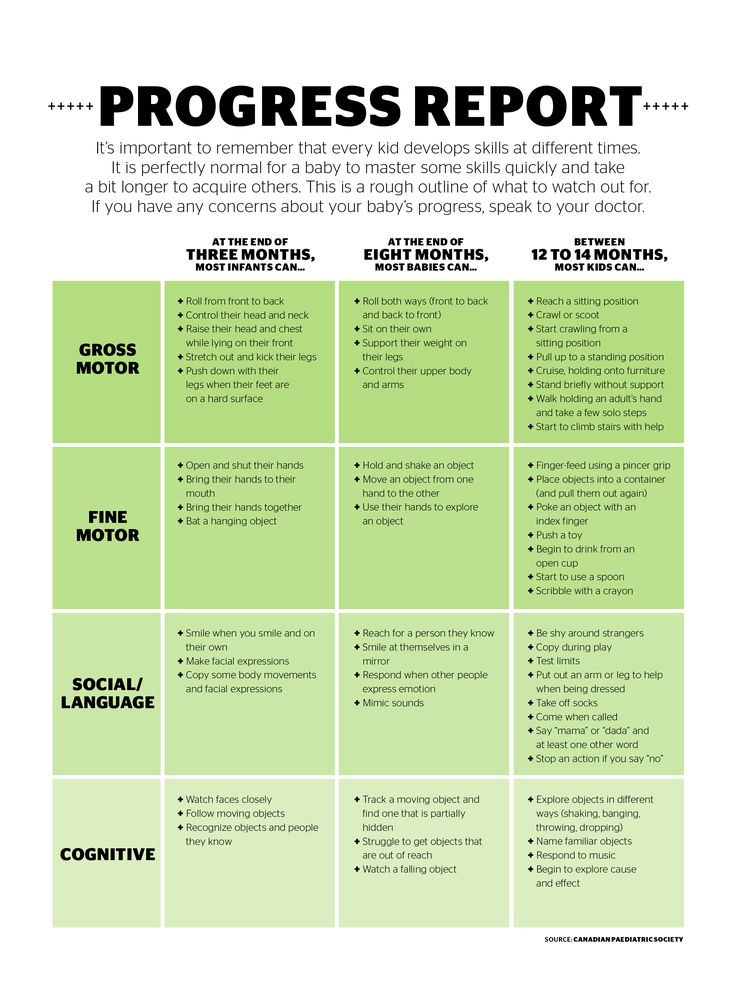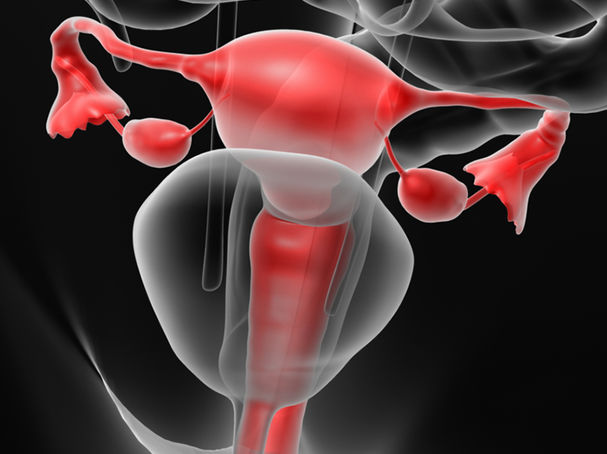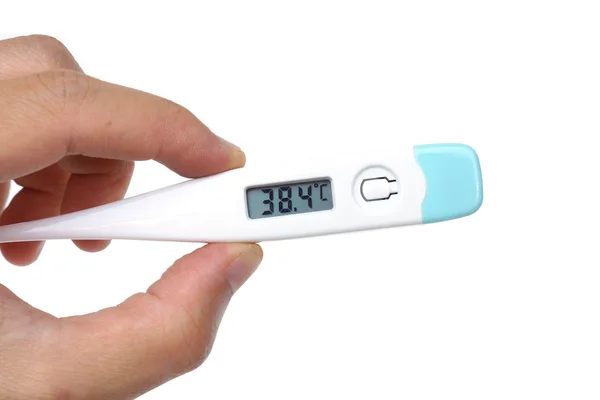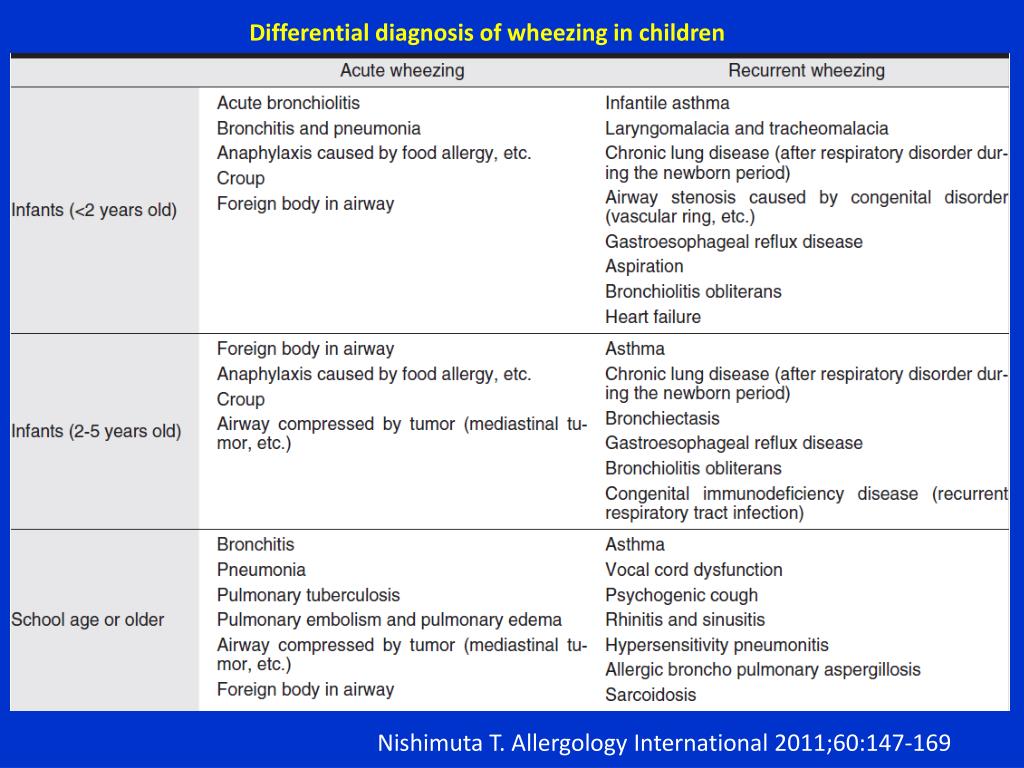How to make a healthy baby
7 Things To Do Now If You Want To Have A Healthy Baby
1. Maintain a healthy weight.
Women who enter pregnancy overweight have a higher risk of prenatal and birth complications and need for a C-section, and baby is much more likely to have a host of health problems ranging from allergies, asthma, and obesity in childhood to diabetes and heart disease later in life. Find the right program for you, based on whole foods, wise eating habits, and yoga or your other fave form of exercise.
2. Go organic.
Exposure to pesticides in the womb may lead to trouble for kids' neurological functioning. Studies show1 that exposure to pesticides is linked to lower IQ scores2 and increased risk of autism spectrum disorder3. While going fully organic might not be practical or even necessary, start now by doing your best to at least avoid "The Dirty Dozen," the list of foods that has the highest level of pesticide contamination, or go organic on these. (And anyway, there are many reasons to eat organic other than expecting a pregnancy!)
Advertisement
This ad is displayed using third party content and we do not control its accessibility features.
3. Can the tuna and all other high-mercury fish.
Newborns are loaded up with about 300 chemicals that can be identified in their umbilical cord blood at birth. Fish is a super-nutritious protein source, but some are loaded with mercury. Mercury (and other heavy metals) in mom literally download directly to baby throughout the pregnancy and can cause a host of health problems. Mercury is particularly noxious because it affects the neurological and hormonal systems. Check out the Environmental Working Group's list of fish to avoid for more information.
4. Clean up your cosmetics.
Most women apply as many as 10 body products before leaving for work in the morning, and most of those have a dozen ingredients, some of which are known toxins, including lead found in some lipsticks and eyeliners4. Our skin is our biggest organ—a lot of what goes on also goes in! As with mercury, we accumulate these chemicals over our lifetime, and then baby inherits more than just our good looks—baby gets a cosmetic chemical infusion. Once again, the EWG is your go-to resource for the best cosmetics and body products to start using now. When you're ready, here's how to switch to natural makeup step by step.
Once again, the EWG is your go-to resource for the best cosmetics and body products to start using now. When you're ready, here's how to switch to natural makeup step by step.
Advertisement
This ad is displayed using third party content and we do not control its accessibility features.
5. Maintain a healthy gut microbiome.
Did you know that a person's gut flora is pretty much determined by age 3, and most of all, it's thanks to mom? Mom having a healthy gut flora (and then having a vaginal birth and breastfeeding if possible) are like investing in gold for baby's gut flora bank account. And it all starts long before pregnancy.
The top things you can do to create a healthy gut flora for yourself:
- Avoid antibiotics (unless of course truly necessary—and they rarely are).
- Eat a wide variety of foods and especially leafy greens and fermented foods.
- Take a good-quality probiotic.
Advertisement
This ad is displayed using third party content and we do not control its accessibility features.
6. Take your vitamins.
If you want to have a baby and are planning to get pregnant, taking folic acid (a B vitamin) is extremely important for protecting your baby's health against neural tube defects. But not only that, it protects against pregnancy loss, preterm birth, high blood pressure, and preeclampsia in pregnancy, and can lower the risk of autism in your baby. With autism rates in the U.S5. now at one in 54 kids, that's a vitamin worth taking.
I recommend 400 mcg to 1 mg of the active form, called methylfolate, for optimum protection. Also, while you're at it, hop on the fish oil train and add in some vitamin D3 (1,000 to 2,000 units daily), both of which can prepare you for an optimal pregnancy and which are great for your health even now.
7. De-stress.
Stress messes with your hormones and causes fertility problems. Stress messes with your blood sugar and insulin levels and may exacerbate pregnancy problems. And a mother's emotional distress during pregnancy is linked to6 a higher risk of mental health problems for her kids. In general, it's estimated that at least 80% of all health problems are caused by stress. That's a lot of mess from stress.
In general, it's estimated that at least 80% of all health problems are caused by stress. That's a lot of mess from stress.
So, pick your healing tool: yoga, meditation, exercise, counseling, making big scary but needed life/work/relationship transformations...just do it. Conquer that stress and cultivate peace. This equals a better you, better babies, and a better world.
Remember: The world we create today is the world our kids will inherit tomorrow.
Want to turn your passion for wellbeing into a fulfilling career? Become a Certified Health Coach! Learn more here.
Advertisement
This ad is displayed using third party content and we do not control its accessibility features.
12 Ways to Stay Healthy During Pregnancy
Audra Meadows, MD, MPH, an obstetrician at Brigham and Women’s Hospital, helps patients optimize their health before, during and after pregnancy. Here are 12 tips from Dr. Meadows to help you increase your chances of having a healthy pregnancy and a healthy baby.
1. Eat healthy foods.
Eating healthy foods is especially important for pregnant women. Your baby needs nutrients to grow healthy and strong in the womb. Eat plenty of colorful fruits and vegetables, whole grains, calcium-rich foods and foods low in saturated fat.
2. Take a daily prenatal vitamin.
Taking a daily prenatal multivitamin can help ensure you get the right amount of the key nutrients you and your baby need during pregnancy. These include folic acid, iron and calcium.
3. Stay hydrated.
A pregnant woman’s body needs more water than it did before pregnancy. Aim for eight or more cups each day.
4. Go to your prenatal care checkups.
Women should get regular prenatal care from a health care provider. Moms who don’t get regular prenatal care are much more likely to have a baby with low birth weight or other complications. If available, consider group prenatal care.
5. Avoid certain foods.
There are certain foods that women should avoid eating while pregnant. Don’t eat:
Don’t eat:
- Raw or rare meats
- Liver, sushi, raw eggs (also in mayonnaise)
- Soft cheeses (feta, brie)
- Unpasteurized milk
Raw and unpasteurized animal products can cause food poisoning. Some fish, even when cooked, can be harmful to a growing baby because they’re high in mercury.
6. Don’t drink alcohol.
Don’t drink alcohol before and during pregnancy and while breastfeeding. Drinking alcohol increases the risk of having a baby with fetal alcohol spectrum disorder (FASD). FASD can cause abnormal facial features, severe learning disabilities and behavioral issues.
Alcohol can impact a baby’s health in the earliest stages of pregnancy, before a woman may know she is pregnant. Therefore, women who may become pregnant also should not drink alcohol.
7. Don’t smoke.
Smoking is unhealthy for you and your unborn child. It increases the risk of sudden infant death syndrome (SIDS), premature birth, miscarriage and other poor outcomes.
8. Get moving.
Daily exercise or staying active in other ways can help you stay healthy during pregnancy. Check with your doctor to find out how much physical activity is right for you.
9. Get a flu shot.
The flu can make a pregnant woman very sick and increase risks of complications for your baby. The flu shot can protect you from serious illness and help protect your baby after birth, too. Ask your doctor about getting a flu shot.
10. Get plenty of sleep.
Ample sleep (7 to 9 hours) is important for you and your baby. Try to sleep on your left side to improve blood flow.
11. Reduce stress.
Reducing stress is crucial for improving birth outcomes. Pregnant women should avoid, as much as they can, stressful situations. Recruit your loved ones to help you manage stress in your life.
12. Plan the right time to get pregnant.
“If you are choosing to become pregnant at a time when you know that you’re at your healthiest, that increases your chances of having a healthy pregnancy and a healthy birth,” says Dr. Meadows.
Meadows.
This not only means that women should make sure that they are healthy before they become pregnant, but they also should consider their age before getting pregnant. Mothers who have children early in life (earlier than 16-years-old), or late in life (older than 40) are at greater risk for having a premature birth. Also, women who become pregnant again too soon (less than 18 months in between births) are even more likely to have a premature baby.
Audra Meadows, MD, MPH
Audra Meadows, MD, MPH is an obstetrician at Brigham and Women’s Hospital (BWH).
Before you go,
If you’re thinking about pregnancy, managing a pregnancy complication or looking for tips on newborn care, our experts can help support you at every step in your journey. Read more pregnancy and childbirth articles.
Learn more about the Department of Obstetrics and Gynecology
Request an Appointment
How to Conceive and Give birth to a healthy child?
Smiling, from the bottom of your heart, just twice a day, you can protect yourself from many diseases.
The age-old question of fathers and children will forever remain unresolved. But, despite all the misunderstandings between the older and younger generations, children want to see their parents happy and healthy, and moms and dads dream that their daughters and sons will never get sick. The health of the future generation, in addition to environmental factors, is strongly influenced by how the mother's pregnancy proceeded, how the parents felt, their chronic and hereditary diseases, the gene pool that adults pass on to their babies. Fortunately, many congenital diseases can be diagnosed at a very early stage and the child in this case will appear strong and healthy. Pregnancy and, what is important, preparation for it is a very crucial moment.
A lot of negative factors fall on the body of a modern person: from stress to bad ecology. That is why family and children planning is better not to let it take its course. The human body is a smart system and looking for opportunities to survive even in the most difficult situations - nature arranged it that way, but no one can say for sure how these consequences will affect our children. We are often carriers of "hidden threats" and, in order not to transfer our diseases to the fragile children's shoulders, future parents should thoroughly prepare for the birth of their "cub".
We are often carriers of "hidden threats" and, in order not to transfer our diseases to the fragile children's shoulders, future parents should thoroughly prepare for the birth of their "cub".
Examination before pregnancy
Elimination of all kinds of deviations in the health of future parents and undesirable factors in the environment can increase the possibility of having a healthy child.
Examination before conception increases the confidence of parents, this is a manifestation of concern for the future person. Naturally, the main attention is paid to the mother, but the father should not stand aside either, because the health of both parents affects the baby.
Infections affecting the fetus
There are many hidden infections that both father and mother can carry. Future parents may look healthy, but an infection "dormant" in the body of one person inevitably affects the development of the fetus. Intrauterine infections are a common cause of the development of abnormalities and even death of the child.
Microorganisms in fetal tissues do not always lead to the development of a disorder - their presence only increases the risk of developing abnormalities. This makes it possible to have a healthy baby even if the woman suffered any infectious disease during pregnancy.
The main ways of transmission of infection from mother to child are through the placenta or through the infected genital tract of a pregnant woman.
Rubella
The rubella virus is considered the most dangerous. In most cases, it is transmitted to the fetus, which is the cause of many disorders. Deafness, heart disease and cataracts - in this combination, rubella affects the newborn. Sometimes there are violations of the blood, physical development.
The transmission of the virus is carried out by airborne droplets, the source is most often sick children. Rubella can lead to stillbirth and miscarriage. The most dangerous period for infection is up to 5 weeks, it is at this time that the risk of developing congenital malformations is highest.
You can not worry about the health of the future person if the mother suffered this disease in childhood or was vaccinated against it. Otherwise, it is imperative and as soon as possible to pass a blood test for antibodies to rubella. With a planned pregnancy, it is worth getting vaccinated and taking tests a few months in advance.
Herpes
Herpes is the least dangerous for the fetus. But, in the case when genital herpes worsens in a woman after 32 weeks of pregnancy, the risk increases significantly.
To prevent the baby from becoming infected at birth, most often in such a situation, a caesarean section is prescribed. For peace of mind, the expectant mother can do a test to detect this virus.
Influenza
In this case, it is no longer the virus that is dangerous, but its consequences that affect the kidneys and the cardiovascular and immune systems. The threat of miscarriage and premature birth - that's what the flu can threaten. In the early stages of fetal development (up to about 12), the virus has the most serious consequences, since during this period the most important organs of the little man are laid and develop. To prevent this disease, mothers need to increase their immunity and avoid the possibility of infection.
In the early stages of fetal development (up to about 12), the virus has the most serious consequences, since during this period the most important organs of the little man are laid and develop. To prevent this disease, mothers need to increase their immunity and avoid the possibility of infection.
Toxoplasmosis
Immunity from this disease after its transfer remains for life. But, in the case when a woman has not experienced toxoplasmosis, the risk associated with this bacterial infection is the most dangerous for the expectant mother and her child. You can become infected through simple contact with a cat, or by eating an infected piece of meat.
With the duration of pregnancy, the risk of toxoplasmosis increases. If a woman became infected in the first trimester, then this most likely will not lead to complications for the fetus. During the second trimester, the risk increases to 20%, in the third, the probability of the disease is 50-60%.
Other infections
Infectious diseases such as mycoplasmosis, thrush, gardenellosis, chlamydia, trichomonas, listeriosis can also adversely affect the health of the mother and child. But a timely diagnosis and proper treatment will help get rid of these diseases, leaving no memories of them.
But a timely diagnosis and proper treatment will help get rid of these diseases, leaving no memories of them.
Prevention of abnormalities in a child
In the case when a married couple already had deviations from a previous pregnancy, miscarriages, premature birth of a baby, the birth of sick children, then they need a thorough examination, medical advice and testing before conception.
Even if a woman is absolutely healthy, she must undergo research and visit doctors in order to determine the existing deviations and the possibility of their occurrence.
The expectant mother should also visit a dentist, therapist, otolaryngologist. At the onset of 10-12 weeks of pregnancy, a mandatory ultrasound is prescribed to exclude pronounced violations in the development of the unborn child.
If there is a suspicion of chromosomal abnormalities, especially for women over 35 years old, then a chorionic biopsy (genetic analysis) can be performed. This study in a short time makes it possible to exclude, with a high degree of probability, serious diseases and disorders in the development of a future person.
This study in a short time makes it possible to exclude, with a high degree of probability, serious diseases and disorders in the development of a future person.
After 20-24 weeks, ultrasound can be used to monitor the intrauterine development of the child. At this time, the study shows all the organs, without difficulty, you can monitor the condition of the placenta, blood flow inside the vessels of the uterus and other important indicators.
Pregnancy lifestyle
It is necessary, of course, to lead a healthy lifestyle all your life, but if some factors periodically interfere with this, then before pregnancy and even more so during it, they must be excluded. So, for future parents, both for mom and dad, the desire for the right lifestyle should begin as early as three months before conception!
It is very important to exclude the consumption of alcohol and, if not completely refuse, then minimize the number of cigarettes consumed as much as possible. Do not overheat and do not overcool, try to avoid seasonal diseases. An important factor will be to increase immunity and avoid stressful situations. In general, for this period, doctors advise to lead a more measured lifestyle: get enough sleep, fully eat right, be more happy.
Do not overheat and do not overcool, try to avoid seasonal diseases. An important factor will be to increase immunity and avoid stressful situations. In general, for this period, doctors advise to lead a more measured lifestyle: get enough sleep, fully eat right, be more happy.
You should increase the consumption of vegetables and fruits, try to eat more fish and meat, cottage cheese and a variety of dairy products. Vitamins and trace elements in them will help in the proper development of the fetus. A big plus of proper nutrition is that in this case you do not have to take additional vitamins, unless, of course, a doctor prescribes them.
Flour and sweet foods should be limited. Extra pounds will interfere with the normal course of pregnancy. Salty foods, carbonated drinks, coffee and tea should also be limited. Why do you need an extra load on the body.
Don't sit still! Moderate physical activity, special exercises will only benefit you and your baby. Yoga for expectant mothers has been very popular lately, it will not only help prepare for childbirth and make it easier, but also bring a lot of positive emotions and relieve stress. A visit to the indoor pool will help strengthen the muscles of the back and pelvis, and lead the spine into a hole. But it is better to limit visits to open water bodies, the water in them can be infected with serious bacteria and viruses.
Yoga for expectant mothers has been very popular lately, it will not only help prepare for childbirth and make it easier, but also bring a lot of positive emotions and relieve stress. A visit to the indoor pool will help strengthen the muscles of the back and pelvis, and lead the spine into a hole. But it is better to limit visits to open water bodies, the water in them can be infected with serious bacteria and viruses.
Compliance with the daily routine, rest and physical activity, healthy nutrition and positive emotions, timely visits to the doctor - all this together will help you endure and give birth to a healthy baby!
Articles
Return to the list
MEdel Multidisciplinary Clinic
We are waiting for you at the following addresses:
Kazan, st. Siberian tract, 34, bldg. 5
Kazan, st. Adoratskogo, d. 34L
Kazan, st. Julius Fucik, 91a
Mail: [email protected]
How to get to Kazan Clinics
Working hours:
from Mon to Fri 8:00 - 20:00
Saturday 8:00 - 17:00 Sunday
closed.
* Data processing policy
Review of the clinic Information search
How to prepare for conception?
Pregnancy planning is really necessary, especially in our time, when a healthy woman is the exception rather than the rule. Not to mention the fact that pregnancy is a serious test for the body of even a perfectly healthy woman.
It can be said that entering into a pregnancy without prior preparation for it is the same as flying on an untested plane in advance: maybe it will cost, or maybe not. Of course, aircraft are tested before each flight. So why does a woman, ready to give birth to a new human being, not always conduct a similar check of her body? After all, the price of her neglect of herself and her health can be the life of the unborn child.
The process of preparing for pregnancy is quite complex and includes several stages. It is worth starting planning a few months (at least three) before the time when the couple intends to conceive a baby.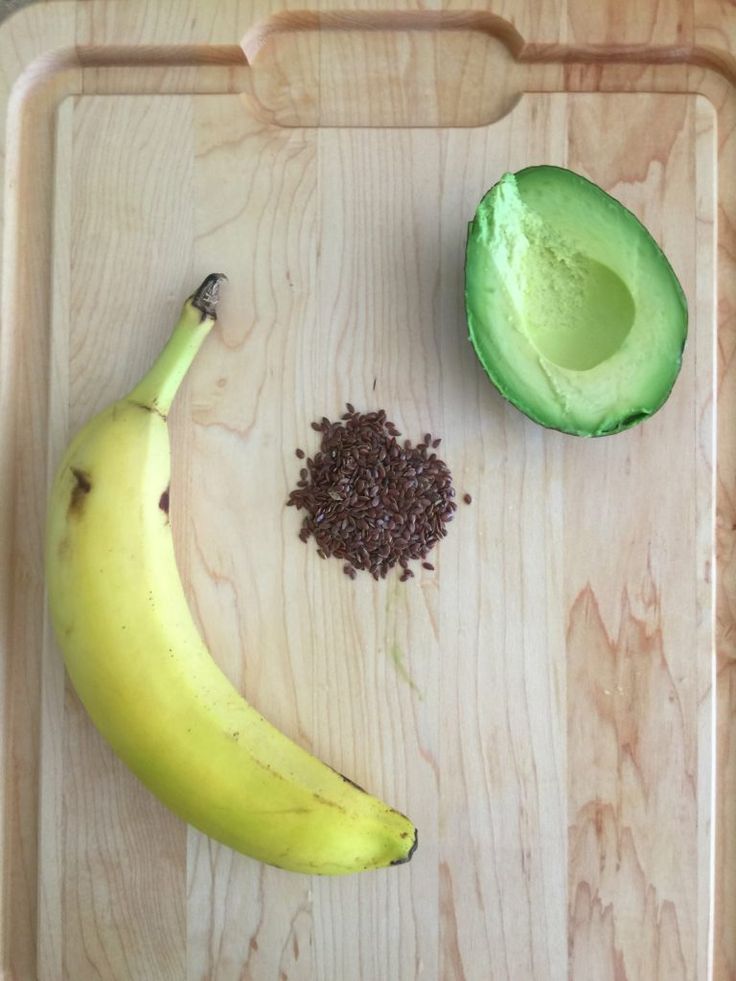
And at the stage of pregnancy planning , it is necessary to understand that the bearing and birth of a baby is not a woman's business, but a married couple's. Therefore, the active participation of the father in planning pregnancy is extremely necessary and important for himself, and for his wife, and for the unborn baby.
Without the help of doctors, it will not be possible to manage even at this stage. A visit to the gynecologist will allow you to identify possible diseases and treat them in a timely manner. After the first appeal, future parents undergo several examinations and pass certain tests in order to find out how ready their bodies are for conceiving a baby, as well as to prevent possible problems when carrying a child. The gynecologist will tell you what to do if, before planning a pregnancy, a woman was protected with hormonal contraceptives. It is necessary to stop taking hormonal contraceptives 3 months before the planned pregnancy.
It is important for a future mother to understand that only a healthy woman can carry and give birth to a healthy baby. In this regard, you need to start taking care of your own health long before conception. Good physical shape, the absence of diseases, proper nutrition and the rejection of bad habits, hygiene and a measured lifestyle - all this has a beneficial effect on the female body and subsequently makes it easier to endure pregnancy. However, not all vitamins can be obtained from food. For example, the body can only obtain folic acid in an artificial form, since its counterpart (folate), found in green vegetables, beans, asparagus, and citrus fruits, is much less absorbed. Folic acid is very important for the development of the baby to take place correctly, and the need for its intake exists throughout pregnancy. If the mother's body during the bearing of the child receives a sufficient amount of this substance, then the risk of pathology from the nervous system is minimized.
In this regard, you need to start taking care of your own health long before conception. Good physical shape, the absence of diseases, proper nutrition and the rejection of bad habits, hygiene and a measured lifestyle - all this has a beneficial effect on the female body and subsequently makes it easier to endure pregnancy. However, not all vitamins can be obtained from food. For example, the body can only obtain folic acid in an artificial form, since its counterpart (folate), found in green vegetables, beans, asparagus, and citrus fruits, is much less absorbed. Folic acid is very important for the development of the baby to take place correctly, and the need for its intake exists throughout pregnancy. If the mother's body during the bearing of the child receives a sufficient amount of this substance, then the risk of pathology from the nervous system is minimized.
What tests should a married couple undergo
before planning a pregnancy?
- Gynecological examination, colposcopy - for women.

- Blood type, Rh factor for both spouses. If a woman has a positive Rh factor, there is no problem. If a woman has a negative Rh factor - antibodies to the Rh factor (even if a man is also negative). If they are positive, pregnancy is not currently possible and needs to be corrected. If negative - repeat this analysis once a month, starting from 8 weeks of pregnancy. If a woman has 1 group, and a man has any other group, incompatibility by blood types is possible. An analysis for group antibodies, as well as an analysis for antibodies to the Rh factor, is carried out once a month, starting from 8 weeks of pregnancy.
- Tests for infections: routine smear, PCR for latent infections - both spouses.
- Blood test for TORCH-complex. Antibodies to rubella, toxoplasma, herpes, CMV, chlamydia - quantitative analysis (with titer). The presence of IgG antibodies means immunity to these infections, and is not an obstacle to pregnancy. The presence of IgM means an acute stage, planning in this case must be postponed until recovery.
 If there are no IgG antibodies to rubella, it is necessary to be vaccinated and protected for another 3 months after it.
If there are no IgG antibodies to rubella, it is necessary to be vaccinated and protected for another 3 months after it. - A trip to the dentist, a therapist, chest x-ray is a must for both spouses. By appointment of the therapist - consultation of narrow specialists (ENT doctor, urologist, endocrinologist, cardiologist, gastroenterologist).
- Spermogram. Desirable, but not required. It is done to determine the quality of spermatozoa and identify a hidden inflammatory process (a much more informative analysis than any smears and PCR).
- Ultrasound of the pelvic organs - at least 2 times per cycle: after menstruation and before menstruation. For the first time, the general condition of the pelvic organs is assessed, in the second, the presence of a corpus luteum and endometrial transformation, indicating that ovulation has occurred. Ideally, an intermediate third ultrasound on the eve of the expected ovulation is to detect the dominant follicle.
- Blood test for hormones of the reproductive system, thyroid gland, adrenal glands - according to indications.

